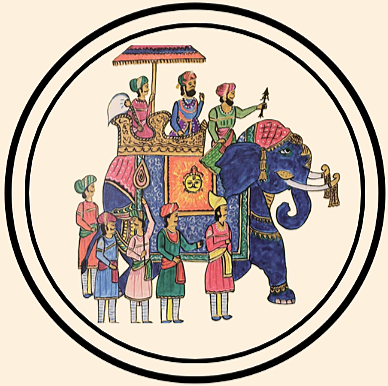Bansal Women: Three Generations of Strength, Grit, and Quiet Love
When I reflect on the women in my family, I see a living tapestry woven from hardiness, grit, culture, and humility—qualities that have quietly shaped three generations of Bansal women.
My grandmother was the bedrock. She embodied resilience, navigating life’s challenges with a quiet strength and deep-rooted values. Her days were filled with work for family and society in the valleys of Kasauli, and she carried herself with humility and grace. She was a keeper of traditions, a storyteller, and a silent force who held the family together through thick and thin. She possessed an indomitable spirit.
My mother is a powerhouse in her own right. Uprooted from her homeland, she transplanted herself to the United States, carrying with her the hopes and dreams of a new life. As an immigrant, she worked tirelessly—often behind the scenes—to build a home and a future for her children. She raised a son who earned a PhD and a daughter who became an MD, all while navigating the complexities of a new culture and the challenges of being far from family. Her journey is a testament to perseverance, adaptability, and the quiet sacrifices mothers make every day.
And then there’s me—following in their footsteps, yet also charting my own path. I am shaped by their stories, their sacrifices, and their love, even if we don’t always say it out loud. Like many families, we may not be the most expressive with our feelings. Sometimes, it’s easier to fictionalize our love letters, to let novels like They Called Us Exceptional or Listening Now speak the words we hesitate to say. My own upcoming novel is, in many ways, a tribute to this legacy—a way to capture the unspoken bonds that tie us together.
But maybe, just maybe, it’s time to break the silence. Maybe we shouldn’t shy away from actually shouting out that we love each other, rather than only letting our affection live in fiction. The stories we write, the lives we lead, and the paths we forge are all love letters in their own way. Yet, there’s power in saying it plainly: I am proud to be a Bansal woman, and I am grateful for the women who came before me.
To my grandmother and my mother—thank you for your strength, your grit, and your love. And to all the women who quietly shape the world, may we find the courage to speak our hearts, both on the page and in real life.
